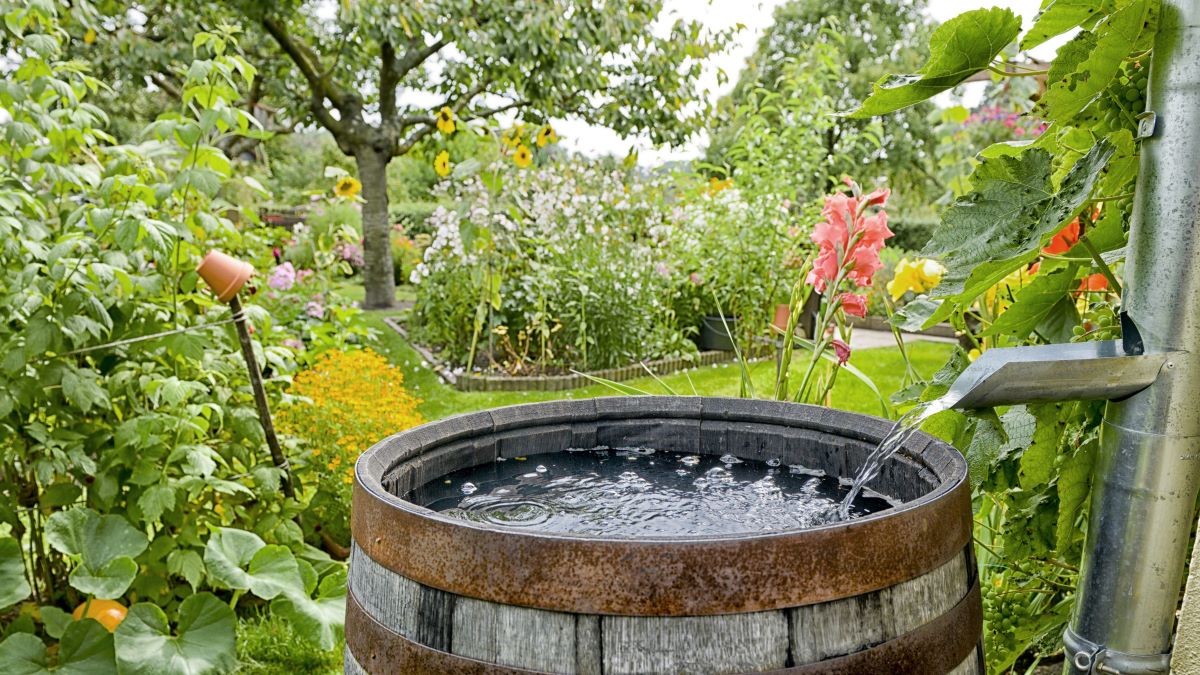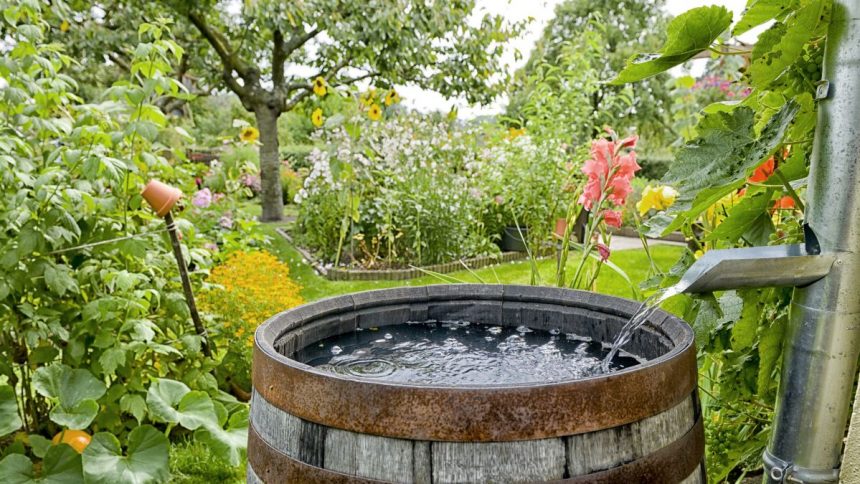
Climate change is a global crisis that affects everyone, but we can all play a part in making a difference. One way to combat climate change on a local level is through regenerative gardening. By implementing regenerative gardening practices, we can improve our local environment, increase resilience, and help restore the natural balance of the planet.
Traditional gardening and lawn maintenance contribute to climate change and water shortages. The excessive use of water, the disposal of yard waste in landfills, and the use of pesticides and herbicides all have negative impacts on the environment. By transitioning to regenerative gardening practices, we can reduce our carbon footprint and promote healthier ecosystems.
Regenerative gardening focuses on restoring the water cycle, enriching soil health, and promoting diverse plant communities. These practices not only benefit the environment but also help protect against natural disasters such as floods and droughts. From capturing carbon to reducing water consumption and promoting natural pest control, regenerative gardening offers a holistic approach to sustainable living.
Water Cisterns and Rain Gardens
Installing water cisterns and creating rain gardens can help mitigate water-related issues such as flooding and droughts. Water collected in cisterns can be used for irrigation or even as drinking water with proper treatment. Rain gardens, on the other hand, capture and absorb water runoff from impervious surfaces, reducing pollution and supporting plant growth.
To create a rain garden, choose a suitable location in your yard, dig a basin, and plant water-loving species that can thrive in wet and dry conditions.
Compost and Soil Health
Healthy soil plays a crucial role in carbon sequestration and water retention. By composting kitchen scraps and yard waste, you can enhance soil fertility and reduce the need for synthetic fertilizers. Additionally, using natural soil supplements can further improve your garden’s carbon capture capacity.
Native Plants and Biodiversity
Introducing native plants and promoting plant diversity can enhance the resilience of your garden. Native species are well-adapted to the local climate, requiring less maintenance and reducing the need for chemical inputs. Supporting pollinators through diverse plantings also contributes to ecosystem health.
Edible Plants
Growing your own food not only reduces your carbon footprint but also strengthens your connection to the earth. By cultivating edible plants, you can enjoy fresh produce while reducing food miles and supporting local agriculture.
Regenerative gardening is a sustainable and rewarding practice that can benefit both the environment and your well-being. By implementing these principles in your garden, you can make a positive impact on the planet and create a more resilient, biodiverse outdoor space.
About the Author
Brandy Hall, founder of Shades of Green Permaculture, is a leading expert in regenerative landscaping with over 20 years of experience. Shades of Green Permaculture is dedicated to creating sustainable outdoor spaces and promoting environmental stewardship. Explore more at shadesofgreenpermaculture.com.
.






